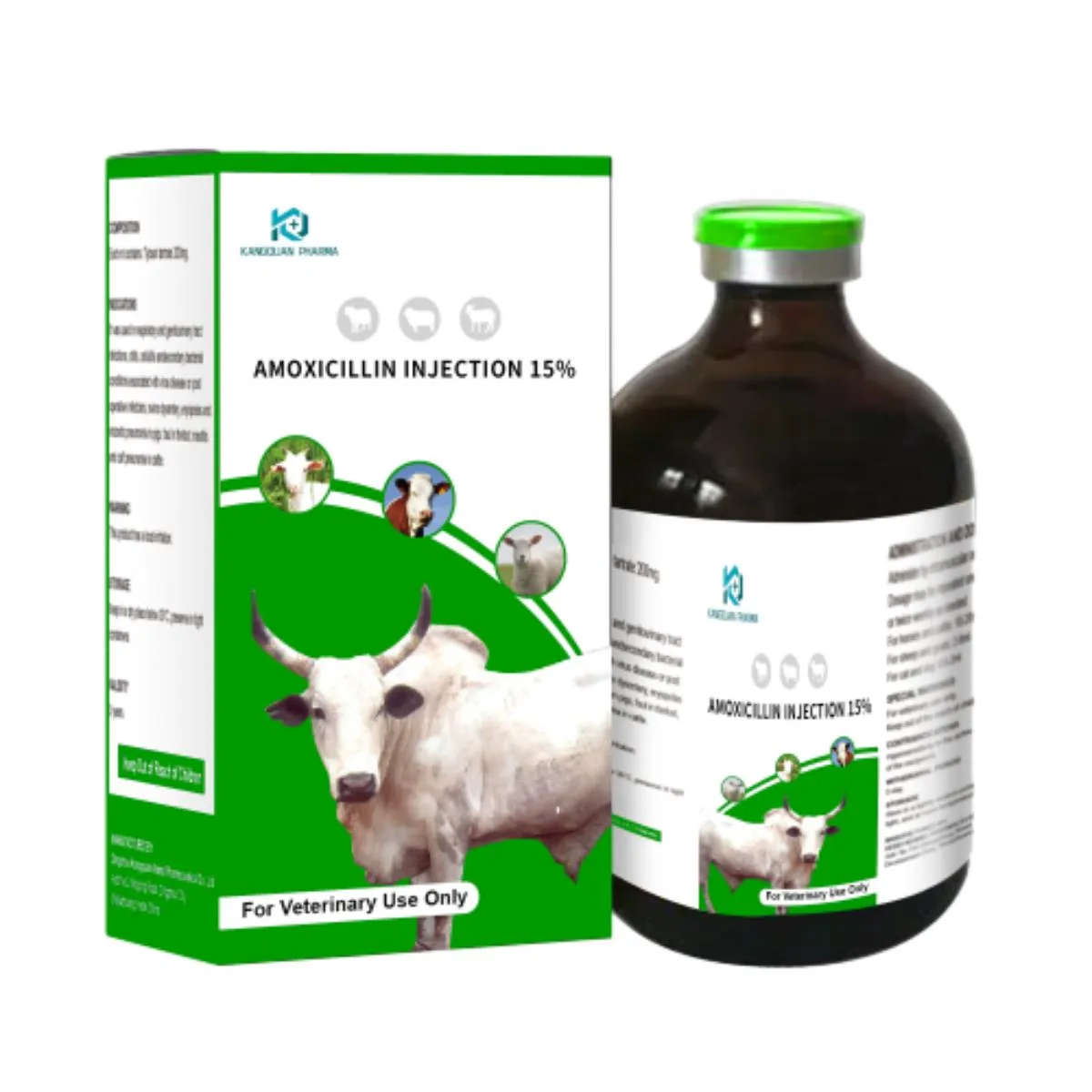- Afrikaans
- Albanian
- Amharic
- Arabic
- Armenian
- Azerbaijani
- Basque
- Belarusian
- Bengali
- Bosnian
- Bulgarian
- Catalan
- Cebuano
- Corsican
- Croatian
- Czech
- Danish
- Dutch
- English
- Esperanto
- Estonian
- Finnish
- French
- Frisian
- Galician
- Georgian
- German
- Greek
- Gujarati
- Haitian Creole
- hausa
- hawaiian
- Hebrew
- Hindi
- Miao
- Hungarian
- Icelandic
- igbo
- Indonesian
- irish
- Italian
- Japanese
- Javanese
- Kannada
- kazakh
- Khmer
- Rwandese
- Korean
- Kurdish
- Kyrgyz
- Lao
- Latin
- Latvian
- Lithuanian
- Luxembourgish
- Macedonian
- Malgashi
- Malay
- Malayalam
- Maltese
- Maori
- Marathi
- Mongolian
- Myanmar
- Nepali
- Norwegian
- Norwegian
- Occitan
- Pashto
- Persian
- Polish
- Portuguese
- Punjabi
- Romanian
- Russian
- Samoan
- Scottish Gaelic
- Serbian
- Sesotho
- Shona
- Sindhi
- Sinhala
- Slovak
- Slovenian
- Somali
- Spanish
- Sundanese
- Swahili
- Swedish
- Tagalog
- Tajik
- Tamil
- Tatar
- Telugu
- Thai
- Turkish
- Turkmen
- Ukrainian
- Urdu
- Uighur
- Uzbek
- Vietnamese
- Welsh
- Bantu
- Yiddish
- Yoruba
- Zulu
Dec . 15, 2024 17:40 Back to list
Feed Additives for Enhancing Livestock and Poultry Health and Productivity
Feed Supplements for Livestock and Poultry Enhancing Nutrition for Better Production
The role of feed supplements in livestock and poultry production is increasingly recognized as a crucial factor in ensuring animal health, enhancing growth, improving feed efficiency, and maximizing productivity. As the global demand for animal protein rises, the challenge to produce livestock and poultry sustainably and efficiently has never been more pressing. This is where feed supplements come into play, providing essential nutrients that may be lacking in standard feed formulations.
Importance of Feed Supplements
Feed supplements serve as a key strategy to enhance the nutritional profile of livestock and poultry diets. Livestock, including cattle, sheep, and pigs, often require additional vitamins, minerals, and protein sources to meet their nutritional needs. Poultry, such as chickens and turkeys, benefits significantly from supplements designed to support growth, egg production, and overall health.
One of the primary purposes of feed supplements is to bridge the nutritional gaps that arise from variations in feed quality. For instance, seasonal changes can affect forage quality for ruminants, necessitating the use of supplements to ensure that animals receive adequate nutrients. Similarly, in intensive poultry farming, where birds are raised in controlled environments, a balanced supply of vitamins and trace minerals is essential for optimal growth and performance.
Types of Feed Supplements
Feed supplements can be broadly categorized into several types, each serving specific needs within livestock and poultry nutrition
1. Vitamins and Minerals Essential for numerous metabolic processes, vitamins and minerals are crucial for maintaining health and productivity. Deficiencies can lead to a range of issues, including impaired growth rates, reproductive failures, and increased susceptibility to diseases.
2. Protein Supplements These are particularly important for growing animals and those in high production phases, such as lactating cows and broiler chickens. Common sources include soybean meal, canola meal, and fish meal.
3. Energy Supplements High-energy feeds such as corn and barley are often included to meet the caloric needs of fast-growing animals. These supplements are vital for maintaining energy balance, especially during periods of high growth or lactation.
feed supplements for livestock and poultry

4. Probiotics and Prebiotics These feed additives are designed to enhance gut health by promoting beneficial gut flora. A healthy digestive system is critical for nutrient absorption, which in turn supports overall growth and immunity.
5. Enzymes Feed enzymes can improve nutrient digestibility, particularly in complex feedstuffs. They help break down fibers and phytates, making nutrients more accessible to the animal.
Benefits of Using Feed Supplements
The incorporation of feed supplements in livestock and poultry diets offers numerous advantages
- Improved Growth Rates By ensuring that animals receive balanced nutrition, supplements contribute to faster growth rates and improved feed conversion ratios. This is particularly important in a competitive market where production efficiency can determine profitability.
- Enhanced Reproductive Performance Sufficient nutrition is critical for reproductive success. Supplements can help improve fertility rates and the overall health of breeding stock.
- Disease Resistance A well-nourished animal is generally more resilient to diseases. Probiotics and minerals play significant roles in strengthening the immune system, reducing reliance on antibiotics and improving animal welfare.
- Sustainability Using targeted supplements can reduce the environmental impact of livestock and poultry farming. By optimizing nutrient utilization, farmers can minimize waste and reduce the carbon footprint associated with animal production.
Conclusion
In summary, feed supplements are a vital tool in modern livestock and poultry production. By enhancing the nutritional quality of feeds, these supplements contribute to healthier animals, improved productivity, and greater sustainability in the agriculture sector. As the industry continues to evolve, ongoing research and development in feed supplementation will be essential to meet future challenges and ensure food security.
-
Guide to Oxytetracycline Injection
NewsMar.27,2025
-
Guide to Colistin Sulphate
NewsMar.27,2025
-
Gentamicin Sulfate: Uses, Price, And Key Information
NewsMar.27,2025
-
Enrofloxacin Injection: Uses, Price, And Supplier Information
NewsMar.27,2025
-
Dexamethasone Sodium Phosphate Injection: Uses, Price, And Key Information
NewsMar.27,2025
-
Albendazole Tablet: Uses, Dosage, Cost, And Key Information
NewsMar.27,2025













